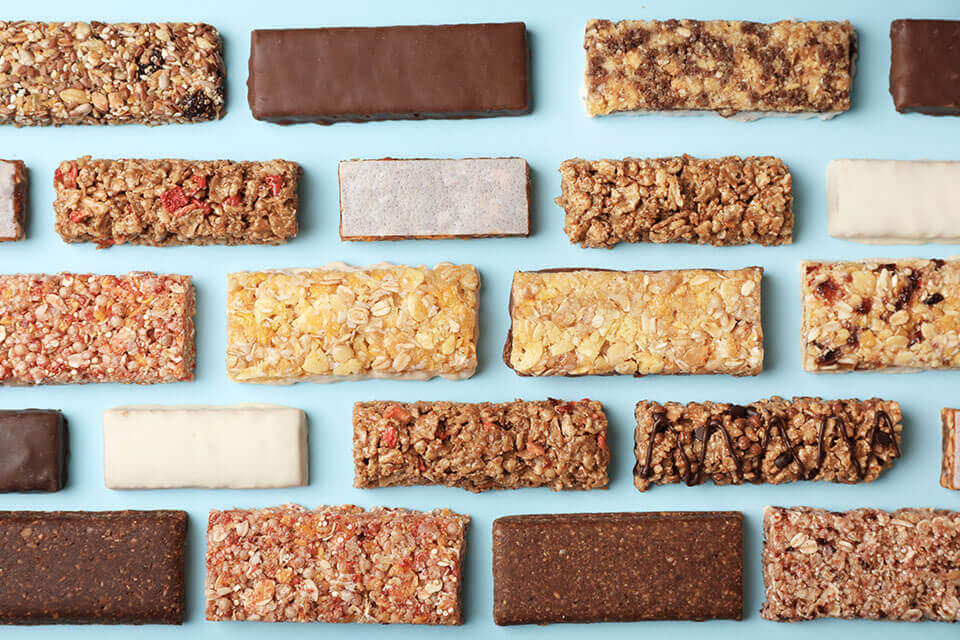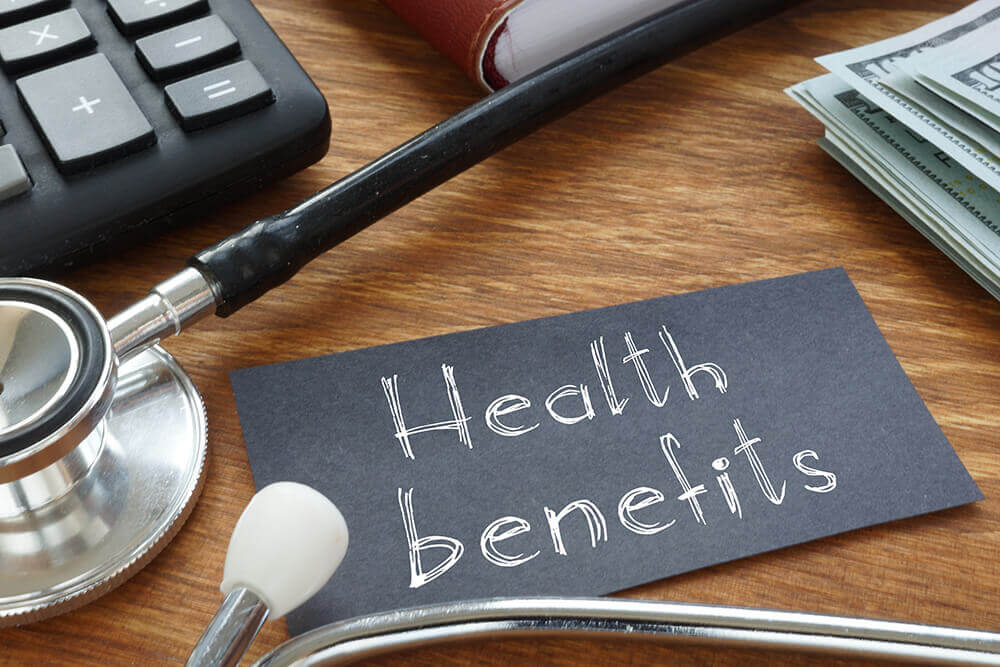Did you know that you might not be burning as many calories as you think when on the bike? There's no doubt cycling is one of the best ways to maintain a healthy weight, but unfortunately, many cyclists vastly overestimate the number of calories they're burning.
But here's the good news, none of it's your fault. Yep, it's not often you can say that, but in this case, it's precisely what is going on.
I have been fortunate enough to have led two international governing sporting bodies and have an in-depth education and understanding of health and nutrition; unfortunately, that can't be said for the vast majority of health writers. Far too many health writers spout outlandish claims and reference every study under the sun without understanding the finer and more subtle details.
Misinformation, particularly regarding weight loss, is very prevalent, and because almost every person on the planet wants to lose weight, the misinformation spreads far and wide.
Ok, so I might be coming across as a tad harsh because one of the main culprits of this "misinformation" is being pushed by the 100s of calorie calculators you can find online. These calculators claim to calculate your energy expended using tools formulated on "metabolic equivalent task." Sadly these calculators are woefully inaccurate and lead cyclists to believe they're burning more calories than they are.
Let's dig a little deeper.
Finding An Accurate Estimate For Burning Calories

I honestly don't believe that health writers deliberately misinformed the cycling public. Still, when calorie calculators are "way off" from the start, it is challenging for those in the health industry to report on weight loss in a factual manner.
Let's have a look at a casual ride, for example. Typically, when you ride 12 mph, which equates to 8 METs, a 150lb rider could burn up to 500 calories but did you catch the keyword? COULD; you "could" or you "may" burn 500 calories, but that's not a definitive answer.
What these calculators fail to measure or consider is the rider's current fitness level. If you're an experienced and highly fit cyclist, you will burn considerably fewer calories than a beginner cyclist. This is because the efficiency of the athlete's technique and physiology are running at a premium.
Food and nutrition are the two other factors that significantly determine how many calories you can and will burn. Far too many cyclists, myself included, use food as a "reward,", particularly on a long ride. We've all been guilty of stopping at the coffee shop and indulging in a cheeky latte and a ham and cheese croissant. But to effectively lose weight and ensure a calorie deficit, we need to view food as a way to "fuel" our rides rather than reward them.
Now I'm not saying you can't have a croissant or coffee but be aware that they may contain more calories than you think. You're better off making a few simple adjustments like cutting the sugar from drinks, or instead of a ham and cheese croissant, you choose a plain one.
Apps And Digitial Tracking Devices
Now that we have access to iPhone apps and other training apps like Strava, Wahoo, and Garmin, we're good to go, right? Unfortunately, NO.
A 2017 study published by researchers at Stanford concluded that out of the seven digital tracking devices they tested, not a single one of them provided users with an accurate estimation of calories burned.
Here's a list of the devices they tested.
- Fitbit
- Apple Watch
- Surge
- Basis Peak
- Microsoft Band
- Samsung Gear S2
- PulseOn
The study found that although the Apple Watch was by far the most accurate, it was still a whopping 27% off the actual calories burned numbers. More alarming than that, however, was the least accurate digital device was off by 93%. {you'll have to read the study to find out which one that was}
The head research scientist Dr. Euan Ashley said, “Basing the number of doughnuts you eat on how many calories the device says you’ve burned is a terrible idea.”
While these iPhone apps are excellent and help you track your progress, they also drain your iPhone battery. This is why I highly recommend purchasing a compatible iPhone charging case to ensure you never lose any of your critical ride data. There's nothing worse than getting off your bike only to realize your iPhone is dead. An iPhone charging case is the best and only answer.
Strava, Garmin, And Other Tracking Apps
Apps such as Wahoo, Garmin, Strava, and even ZWIFT, to some extent, track your calories much more accurately, but again, they're not perfect. These apps are slightly better because they account for finer details about your health and fitness, such as body weight, height, gender, age, and max heart rate.
The apps then use algorithms to calculate the number of calories you burn. You can also link many of these apps to external heart rate monitors, further enhancing their accuracy.
Using a power meter is your best bet to accurately track how many calories you burn. Power meters measure your work rate and display the information in the form of "kilojoules," which is a unit of measure that accounts for the inefficiency found in the human body, particularly when performing an action suck as pedaling.
The only downside is that a decent power meter can set you back as much as $1000, out of the price range for most average cyclists.




Leave a comment
This site is protected by hCaptcha and the hCaptcha Privacy Policy and Terms of Service apply.